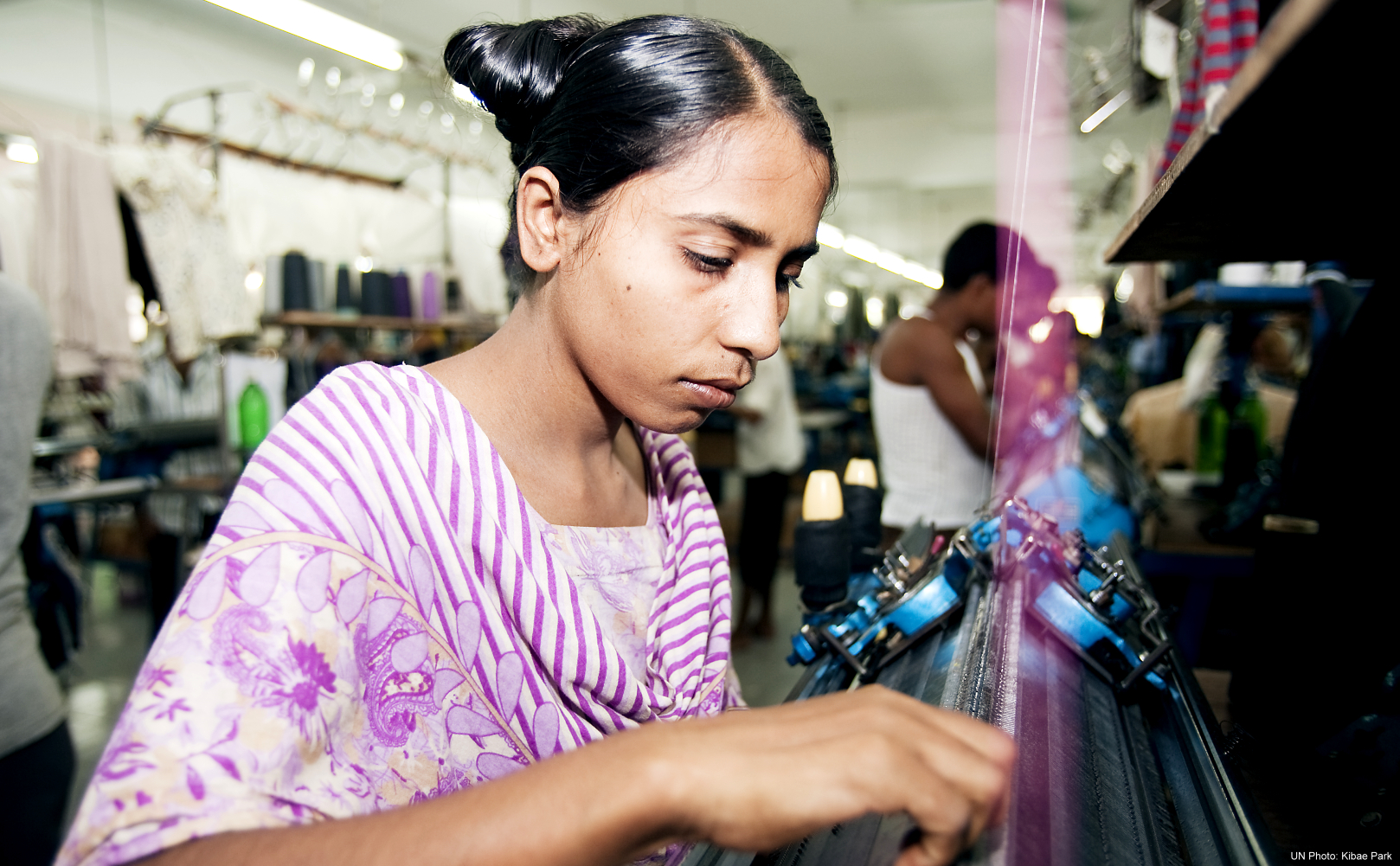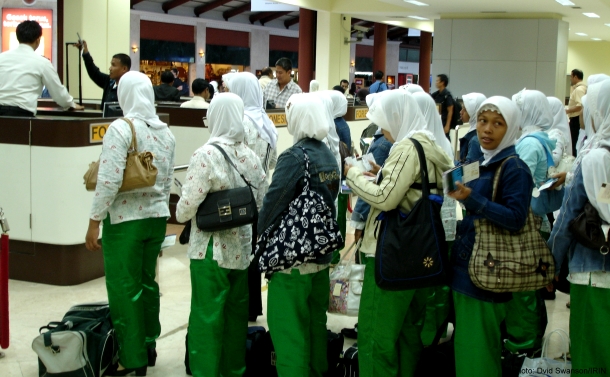[ePrayer – Pray for workers in Bangladesh]
Bangladesh on 15 July amended its 2006 Labour Act, to include freedoms of association and collective bargaining. Hoping it a milestone in promoting workers’ rights and occupational safety and health. The new law also contain provisions for improved safety measures at workplaces. Requirements in sending employers the names of union leaders on registration are abolished. Workers may call on external experts assistance at collective bargaining sessions. However, ILO said the revised laws still fail to address a number of concerns: a 30 per cent requirement in forming trade unions; and freedom of association and collective bargaining are excluded to workers in labour-intensive export processing zones. It also fails to prohibit discriminations in employment or remuneration, debt bondage by children or punishment in form of compulsory labour. [UN News, ILO]
Pray for workers in Bangladesh:
- Pray that the Bangladesh government will continue law reforms for more comprehensive workers’ protection, in fulfilling its obligations under ratified conventions;
- Remember the workers in getting their rights, safety and health.








